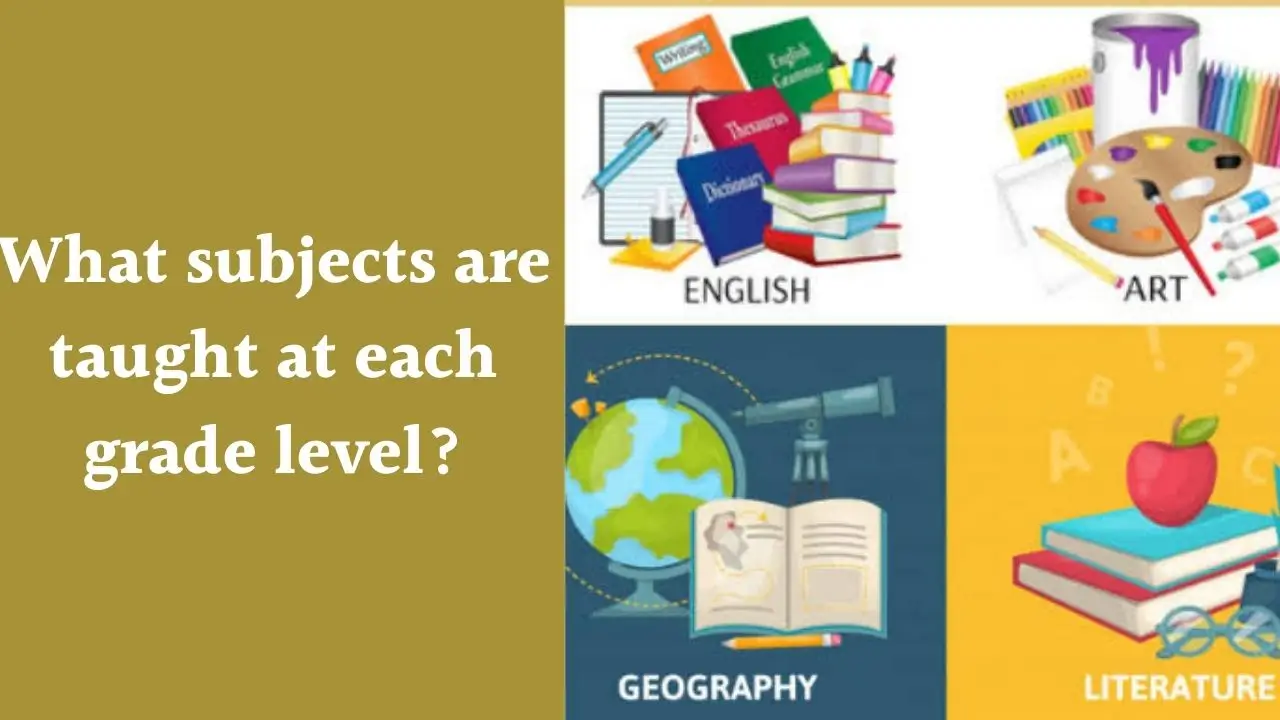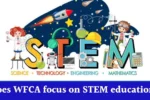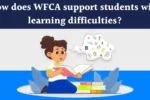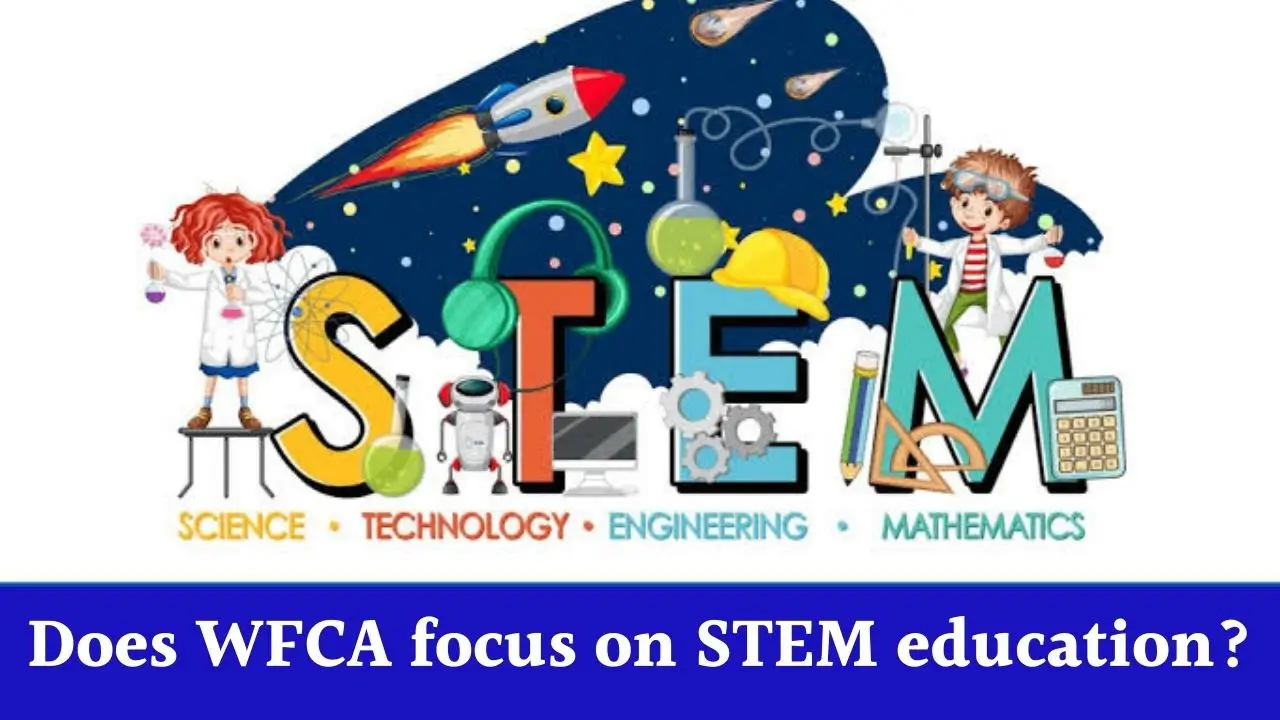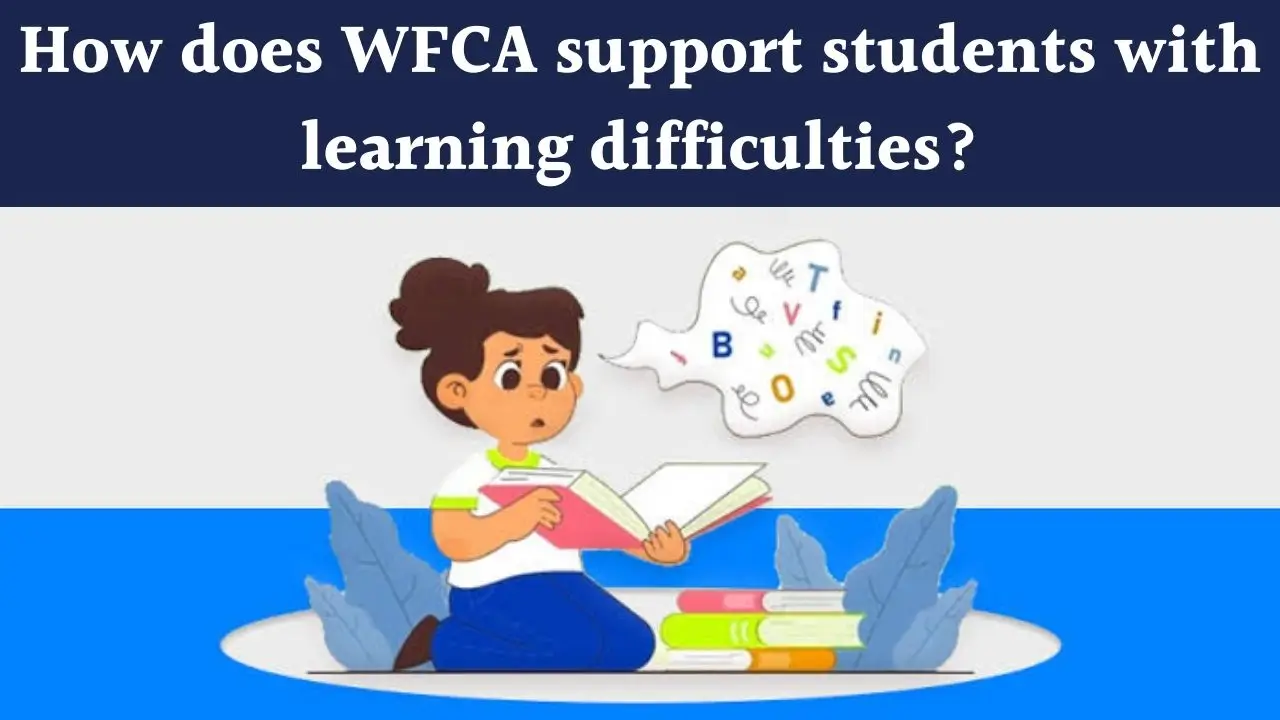Word of Faith Christian Academy, like many faith-based educational institutions, designs its curriculum to integrate strong academics with Christian values and biblical perspectives. Students are guided through grade-appropriate subjects that prepare them academically, spiritually, and socially for their future studies and life. The school emphasizes both traditional core subjects and Bible-centered instruction, ensuring that character development and faith form a central part of the learning journey.
Guiding Philosophy of Learning
The academy emphasizes that education should not only sharpen the mind but also shape the heart. Christian principles are woven into every subject to help students develop wisdom, integrity, and a Christ-centered worldview. While the curriculum follows a logical academic progression, biblical integration makes the experience unique, nurturing well-rounded graduates.
Early Education (Kindergarten to Grade 2)
In the early years, the focus lies in building foundational literacy, numeracy, and spiritual discipline. Children experience learning through play, storytelling, and creative exploration.
Subjects Taught
- Bible: Learning simple stories from scripture, biblical songs, and basic values such as kindness, honesty, and prayer.
- Reading/Phonics: Introduction to letters, sounds, simple word recognition, and reading short sentences.
- Mathematics: Learning numbers, counting, shapes, addition, and subtraction.
- Language Arts: Developing early writing skills, spelling, and vocabulary.
- Science: Exploring the natural world through observation and hands-on activities.
- Social Studies: Understanding family, community, and early history concepts.
- Art and Music: Fostering creativity through coloring, singing, and rhythm.
- Physical Education: Building motor skills, balance, and teamwork.
Elementary Level (Grades 3 to 5)
As students grow, the curriculum expands to incorporate deeper academic skills while continuing spiritual foundation studies.
Subjects Taught
- Bible: Learning about Old and New Testament events, people of faith, scripture memorization, and Christian character.
- Reading and Writing: Reading chapter books, improving comprehension, paragraph writing, and grammar.
- Mathematics: Understanding multiplication, division, fractions, decimals, and problem-solving.
- Science: Exploring life sciences, earth sciences, and basic physical concepts.
- Social Studies: Learning state, national, and world history basics along with map skills.
- Language Arts: Advanced grammar, sentence structure, spelling, and essay writing.
- Art and Music: Enhancing creativity through projects and performance.
- Physical Education: Focus on fitness, team sports, and health awareness.
Middle School (Grades 6 to 8)
Middle school emphasizes independence, critical thinking, and deeper spiritual application of learning. Students transition from foundational academics to more advanced disciplines.
Subjects Taught
- Bible: Theology and doctrine basics, life of Christ, Christian living, and practical faith application.
- English/Language Arts: Advanced grammar, essay writing, literature analysis, and research skills.
- Mathematics: Pre-algebra, algebra, ratios, geometry basics, and problem-solving techniques.
- Science: General science (biology, physical science, earth science), lab experiments, and creation-based study.
- History/Social Studies: U.S. history, world history, civics, and geography.
- Computer and Technology: Introduction to computer literacy, basic coding, and presentation software.
- Foreign Language: Often an introduction to Spanish or another language.
- Physical Education: Organized sports, health education, and conditioning.
- Fine Arts: Opportunities in choir, band, or art.
High School (Grades 9 to 12)
The high school level prepares students for college readiness, vocational training, and spiritual maturity. Courses align with both state academic requirements and Christian training.
Subjects Taught
- Bible/Christian Studies: Apologetics, church history, Christian worldview, Bible doctrines, leadership, and service-oriented projects.
- English/Language Arts: American literature, British literature, world literature, advanced writing, and public speaking.
- Mathematics: Algebra I & II, Geometry, Pre-Calculus, Calculus, and Consumer Math.
- Science: Biology, Chemistry, Physics, Environmental Science, and health sciences.
- History/Social Studies: U.S. History, World History, Government, and Economics with a Christian perspective.
- Foreign Language: Typically continuing in Spanish or another language for fluency.
- Technology and Computer Science: Advanced computer applications, digital skills, and sometimes programming or robotics.
- Fine Arts: Theatre, music, visual arts, and competitive arts programs.
- Physical Education/Health: Physical fitness, sportsmanship, health education, and wellness.
- Electives: Leadership, life skills, vocational training, public speaking, community service, and advanced Bible studies.
Curriculum Overview Table
| Grade Level | Core Subjects Taught |
|---|---|
| Kindergarten – Grade 2 | Bible, Reading/Phonics, Math, Language Arts, Science, Social Studies, Art, PE, Music |
| Grades 3 – 5 | Bible, Reading/Writing, Math, Science, Social Studies, Language Arts, Art, Music, PE |
| Grades 6 – 8 | Bible, English, Math (Pre-Algebra, Algebra), Science, History, Computer, PE, Arts, Language |
| Grades 9 – 12 | Bible/Christian Studies, English Literature, Math (up to Calculus), Science (Biology, Chemistry, Physics), History, Government, Economics, Foreign Language, Technology, Fine Arts, Electives, PE |
Latest Trends and Updates in Christian Education
- Biblical Integration Across All Subjects: Word of Faith Christian Academy continues to align all courses with scripture, emphasizing a biblical worldview in mathematics, science, and history.
- Focus on Technology: Students are introduced to digital literacy, coding, and multimedia projects at earlier grade levels to prepare them for the modern world.
- Enhanced Fine Arts Opportunities: Schools increasingly highlight arts programs as part of holistic education.
- Character and Leadership: High school students are given greater opportunities to engage in service learning, community outreach, and spiritual leadership training.
- Personalized Learning: Teachers often adapt the curriculum to students’ strengths, ensuring not just academic excellence but spiritual growth.
Conclusion
At Word of Faith Christian Academy, education goes beyond academics. Students are equipped with knowledge and skills while being guided by biblical principles that prepare them intellectually, spiritually, and socially. From kindergarten through high school, the subjects unfold progressively—strengthening literacy, critical thinking, and character. By integrating faith into every subject, the academy ensures that students graduate prepared for higher education and life, ready to serve society with moral integrity and leadership founded on Christian values.

